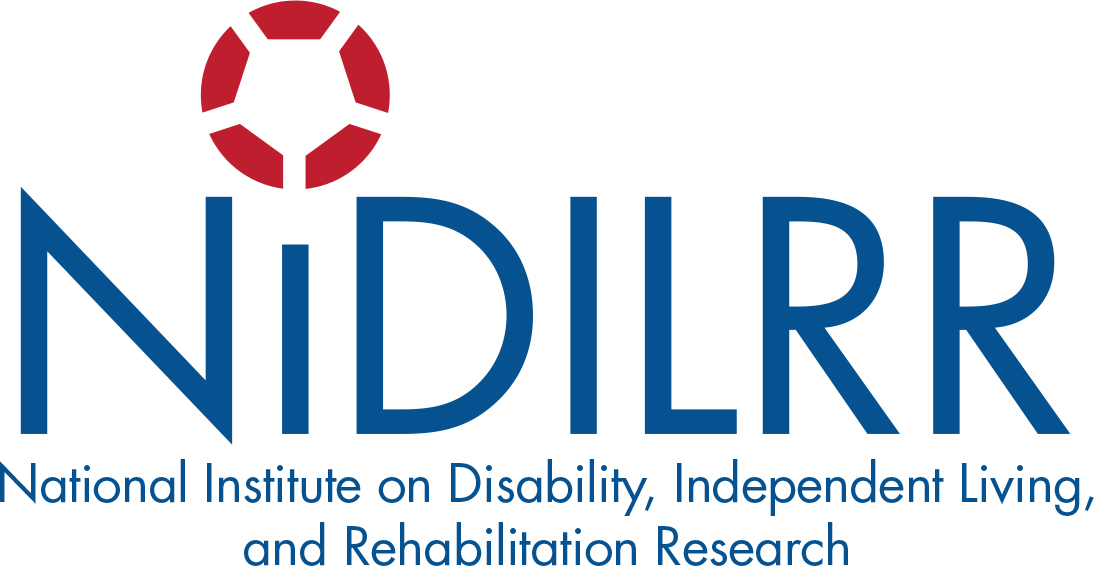- With a concussion (mild TBI), most people recover most or all of their brain function within 3 months following injury, with most recovering sooner.
- With moderate TBI, most people recover most or all of their brain function, although neurosurgery, occupational/physical therapy, speech/language therapy, psychological services, and/or social services may be needed.
- With severe TBI, it is hard to predict recovery because it depends on location of trauma, severity of the damage, length of time in coma, and many other factors. However, long-term effects of the injury typically increase with the increased need for length of recovery.
See Resources
Understanding TBI Part 2: Brain injury impact on individuals’ functioning
This information sheets is written for consumers through a collaboration between the Model Systems Knowledge Translation Center (MSKTC) and the TBI Model Systems of Care. (en español)
Understanding TBI Part 3: The Recovery Process
This information sheets is written for consumers through a collaboration between the Model Systems Knowledge Translation Center (MSKTC) and the TBI Model Systems of Care. (en español)
MEDLINEplus: Head and Brain Injuries
This easy to use website of the National Library of Medicine provides links to articles, research reports, and organizations covering various aspects of head and brain injuries. Some information is available in Spanish.
Stages of Brain Injury
One of a series of videos from the Brain Injury Toolbox and developed by the Brain Injury Association of Illinois to disseminate educational materials and other materials that may be useful tools to those whose lives have been impacted by brain injury, for professionals working with individuals who have sustained a TBI, and to the community at large.
Long-Term Outcomes
From the Centers for Disease Control and Prevention, National Center for Injury Prevention and Control.
Understanding Brain Injury: What you should know about brain injury and recovery
This video uses simple language and images of real people who have sustained a brain injury, as well as medical experts and advocates. Produced by Shepherd Center and KPKinteractive in collaboration with the American Trauma Society, the Brain Injury Association of America and the Christopher & Dana Reeve Foundation.
